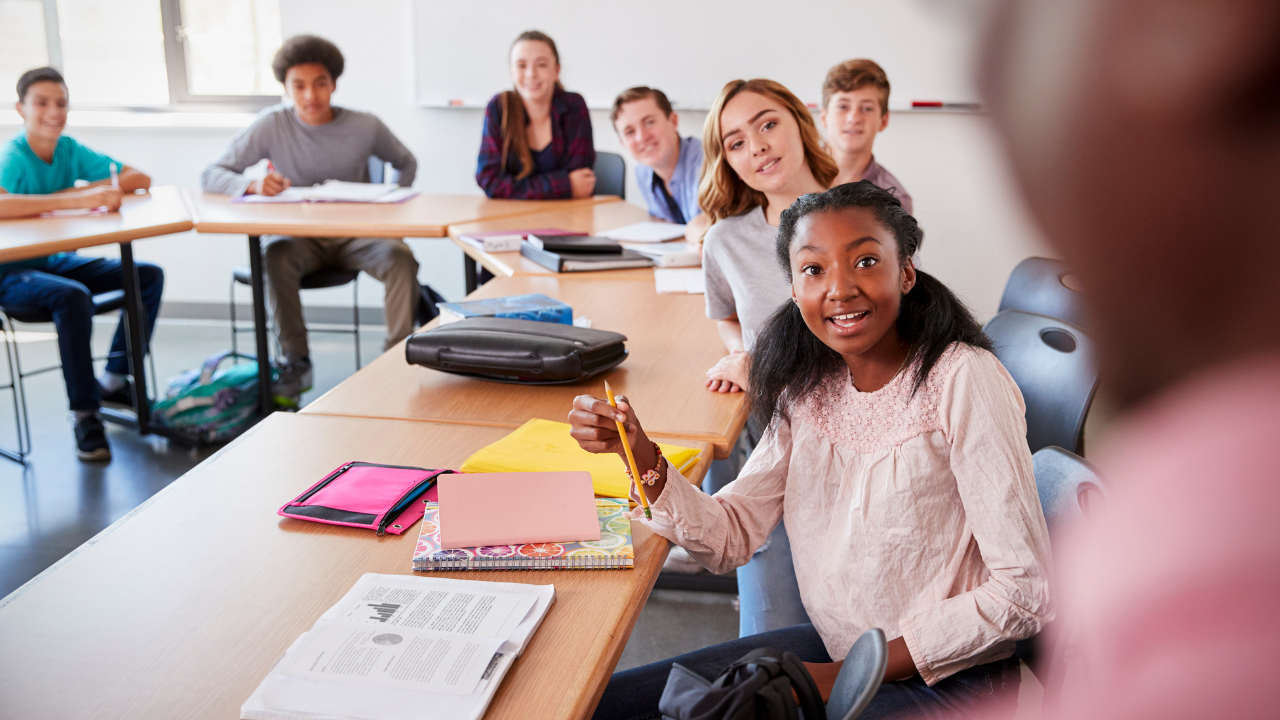The Peter Effect and Building Teacher Knowledge

In previous times, miners brought caged canaries into mineshafts with them. If dangerous gases like carbon monoxide were present, the gas would kill the canary before it would kill the miners. This provided a warning for the miners to exit the tunnels immediately.
Since that time, the phrase, “canary in the coal mine,” has become an idiom for early indicators of a problem or potential danger.
For many years, we saw our dyslexic students and struggling readers as the canaries in the coal mine. They were the ones who signaled what was wrong first.
What we’re seeing now is a shift to many teachers being that canary in the coal mine as they learn more about the science of reading. It is the teachers who are calling out saying, “This isn’t working!” “I need more training!” “I need more knowledge!”
And that brings us to our topic at hand, the Peter Effect.

What is the Peter Effect
As educators, we always seek to learn. The learning never ever stops.
The term Peter Effect is a biblical reference to a story about Peter found in the Bible. In the story, Peter is approached by a beggar and asked for money. He replied, “I can not give what I do not have.” This is a powerful statement because we can not give what we do not have.
Similarly, teachers can not teach what they do not know. We can not help our students without the proper knowledge, training, and support. The more we understand as educators, the better we can provide for our students.
The Peter Effect and Teacher Preparation
In 2012, researchers from Texas A&M, Texas University, and the State University of New York came together and used the Peter Effect to look at teacher preparation.
The National Reading Panel, which came out in 2000, recommended that teachers have explicit knowledge of concepts such as phonology, phonemic awareness, the alphabetic principle, phonics, and morphology in order to effectively teach the decoding skills in a direct and systematic way.
The researchers looked at how many teacher preparation programs did not provide this instruction which left many teachers at a disadvantage in helping all children acquire reading. They found that teachers who had a deeper knowledge also had better outcomes in their classrooms and with their students.
When teacher preparation programs only cover portions of the skills and knowledge recommended by the National Reading Panel, the students perform lower than those who are taught by educators whose teacher preparation programs provided a thorough knowledge of the system.
It becomes clear, then, that teachers with a deeper knowledge have better outcomes when it comes to things like basic language constructs, like phonology, phonemic awareness, the alphabetic principle, phonics, and morphology. And, those are the components of structured literacy.
It is not just about the gaps in preservice teacher preparation programs - but also about the need for teachers to continually learn. We need to continuously learn, provide professional development, and offer support to teachers so that they’re able to give the knowledge in their classrooms and help their students.
When teachers feel supported it has a direct impact, not just on teacher outcomes, but also on student outcomes.

Why It Matters - Right Now!
In each of our journeys, we came to a point where we realized that we needed to seek out deeper knowledge and a better understanding of the research around dyslexia as well as how to bridge the gap between the research and put it into practice in our classrooms.
Bridging that gap and putting the research that we learn and the research that we conduct into practice in our classrooms and with our tutoring students is going to meet the needs of the people right in front of us.
When we deeply understand something - meaning, we have a solid knowledge base and we've been trained in a particular approach - we are able to speak with clarity. We are able to clearly express what it is we want to say with the knowledge and evidence to back it up. We can do this so well that we can then teach it to others. And what a gift that is!
For Further Reading on the Peter Effect
The Peter Effect: Reading habits and attitudes of preservice teachers - Applegate & Applegate 2004
Peter Effect in the Preparation of Reading Teachers - Emily Binks-Cantrell, Erin K. Washburn, R. Malatesha, & Martha Hougen
For even more on the importance of building teacher knowledge and the Peter Effect, check out our latest episode of the Together in Literacy podcast. If you like what you hear, don’t forget to rate, leave a positive review, and subscribe!
Looking for strategies and resources?
Sign up for our newsletter for news, resources, and freebies delivered straight to your inbox.
We hate SPAM. We will never sell your information, for any reason.
